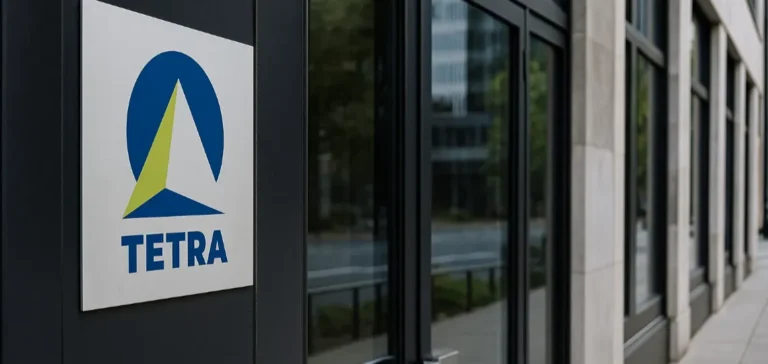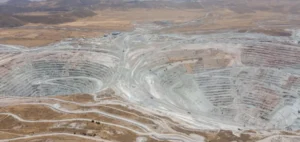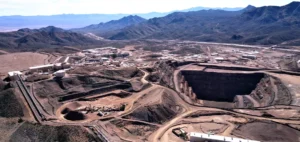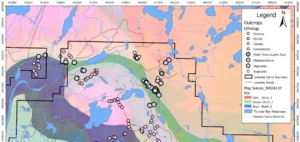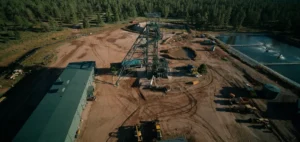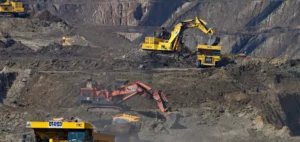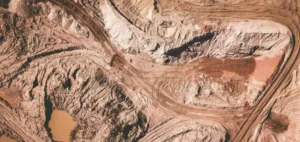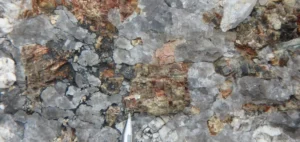TETRA Technologies, Inc. has released an update on its mineral resources in Arkansas, based on a definitive feasibility study prepared by RESPEC loop Company, LLC. The technical report incorporates the latest seismic and drilling data, confirming a significant increase in measured and indicated bromine and lithium resources. It also reveals, for the first time, the presence of magnesium and manganese on the company’s concessions.
Bromine remains at the core of the strategy
Measured and indicated bromine resources in the Evergreen Unit rose to 431,000 tons, a 173% increase from the previously reported 158,000 tons. Across all TETRA holdings, total bromine resources now stand at 3.57 million tons. Proven and probable bromine reserves remain unchanged at 744,000 tons.
The Evergreen Unit covers 6,953 gross acres and includes the expansion recently approved by the Arkansas Oil and Gas Commission. TETRA owns 65% of the mineral rights in this unit, with the remaining 35% held by Saltwerx LLC, a subsidiary of Exxon Mobil. Bromine continues to be the short-term industrial priority, supported by ongoing infrastructure projects.
Marked increase in lithium volumes
Measured and indicated lithium carbonate equivalent (LCE) resources in the Evergreen Unit rose by 163% to 585,000 tons from 222,000 tons previously reported. A portion of the lithium rights has been transferred to Smackover Lithium, a joint venture between Standard Lithium Ltd. and Equinor, under an option agreement granting TETRA a 2.5% royalty on gross revenues.
Smackover Lithium recently reported 780,000 tons of proven and probable LCE reserves and 515,000 tons of measured and indicated resources across 35,000 acres, where TETRA holds the brine rights. All other minerals on these lands, including bromine, remain solely owned by TETRA.
First evaluation of magnesium and manganese
The technical report highlights for the first time the presence of 2.18 million tons of measured and indicated magnesium resources and 1.88 million tons of inferred resources across all concessions. In parallel, 47,000 tons of manganese were identified. Both elements, along with lithium, are classified as critical minerals by the US government.
TETRA controls approximately 40,000 acres of brine concessions in southwest Arkansas. In addition to the Evergreen and Reynolds Units, the company holds 10,951 acres of non-unitized land, of which 9,114 acres are also covered by the lithium royalty agreement with Smackover Lithium. On the remaining 1,837 acres, TETRA retains full ownership of all minerals, including lithium.


